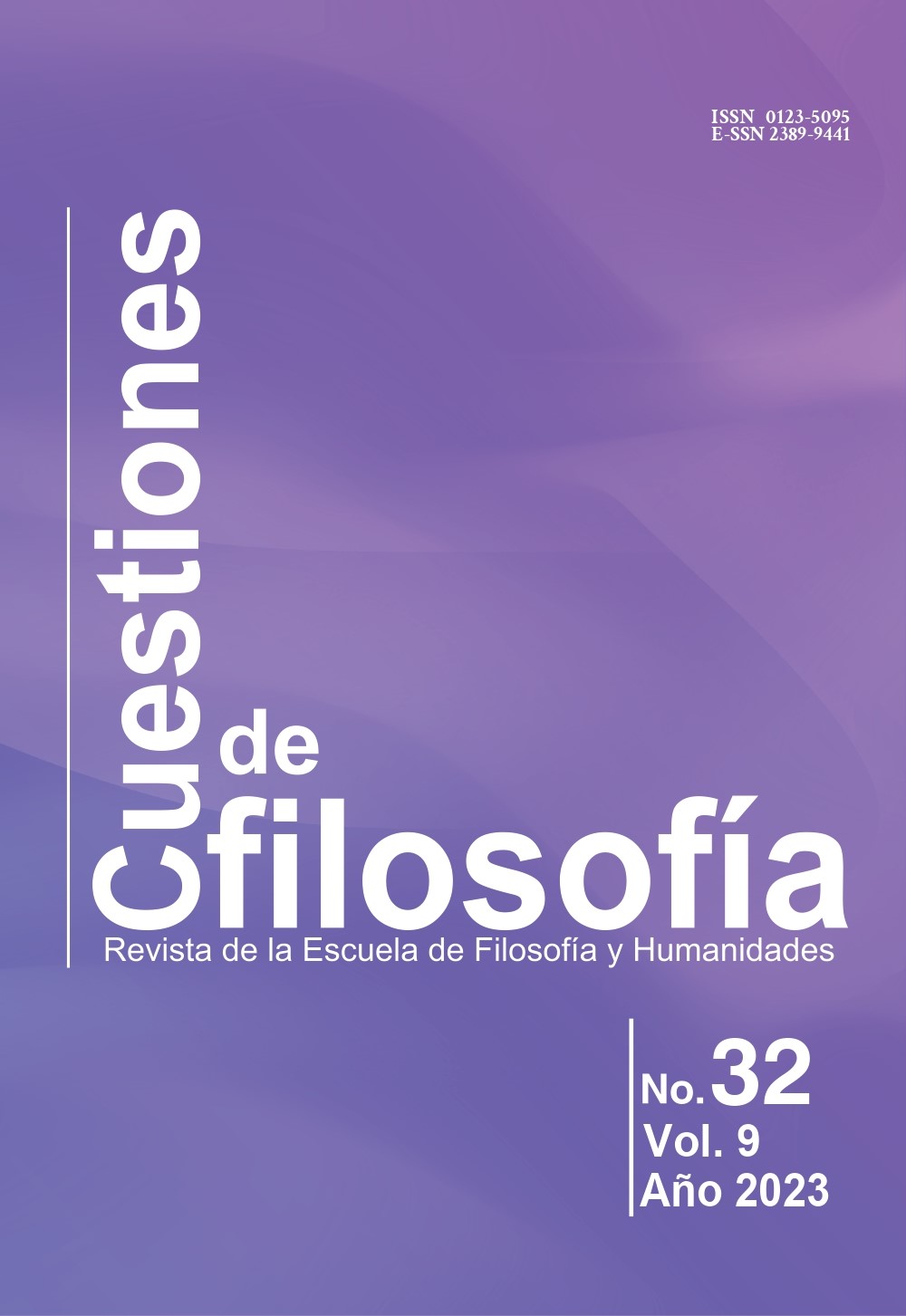Determinismo, psicología y moral en las fuentes de William James

Resumen
Hacia la segunda mitad del siglo XIX, una fuerte actitud positivista dio forma a un mundo determinado. El método científico parecía exigir la continuidad del sistema causal en todas las dimensiones de los fenómenos, lo cual entró en tensión con todo lo relativo a la estructura motivacional y volitiva del sujeto. William James interviene en el debate, tiene en cuenta diversas aristas del problema y pone en juego su lectura de los psicólogos ingleses (Mill, Bain y Spencer) y de Renouvier. Daremos cuenta de las consecuencias vitales que tiene el problema del determinismo para el estadounidense, en qué sentido los psicólogos ingleses son deterministas, como se les opone Renouvier y el modo en que James se apropia estratégicamente de los argumentos del francés haciéndolos operar a distintos niveles en su reflexión psicológica y filosófica.
Palabras clave
William James, psicología, siglo XIX, determinismo, voluntad
Citas
- Bain, A. (1859). Emotions and Will. London: John W. Parker and Son, West Strand.
- Bourget, P. (2008). Renan. El diletantismo. Baudelaire y otros estudios críticos (pp.123-140). (S. Sanchez, Trad.). Córdoba: Ediciones del Copista.
- Burgwinkle, W. (Ed). (2011). The Cambridge History of French Literature. Cambridge: Cambridge University Press.
- Clair, A. (2000). Métaphysique et existence: essai sur la philosophie de Jules Lequier. Paris: Librairie philosophique J. Vrin.
- Croce, J. P. (2009). A Mannered Memory And Teachable Moment: William James And The French Correspondent In The Varieties. William James Studies, 4(1), pp. 36-69.
- Double, R. (1991). The Non-reality of Free Will, Oxford University Press, Oxford.
- Dunham, J. (2019). Idealism, Pragmatism, and the Will to Believe: Charles Renouvier and William James. British Journal for the History of Philosophy, 23(4), pp. 1-23.
- Feinstein, H. M. (1984). La formación de William James (J. Piatigorsky Trad.). Argentina: Paidós.
- James, W. (1918). The Principles of Psychology, New York: Henry Holt ed.
- James, W. (1920). The Letters of William James. Boston: The Atlantic Monthly Press, V. 1.
- James, W. (1987). Essays, Comments and Reviews, Cambridge Massachusetts: Harvard University Press.
- James, W. (2009). La voluntad de creer (R.V. Vernis Trad.). Barcelona: Marbot.
- Mill, J. S. (1882). A System of Logic, Ratiocinative And Inductive. New York: Harper & Brothers Publishers.
- Murphy, N. and Brown, W. (2007). Did My Neurons Make Me Do It? Philosophical and Neurobiological Perspectives on Moral Responsibility and Free Will, Oxford University Press, Oxford.
- Pereboom, D. (2001). Living Without Free Will, Cambridge University Press, Cambridge.
- Perry, B. R. (1954). The Thought and Character of William James. London: Oxford Press. V I.
- Pizer, D. (Ed). (2006). The Cambridge Companion to American Realism and Naturalism. Cambridge: Cambridge University Press.
- Putnam, H. (1994). Words and Life. Cambridge: Harvard University Press.
- Renouvier, Ch. (1875). Deuxième Essai. Essais de critique générale (pp. 351-374). Paris: Bureau de la Critique Philosophique, V 1.
- Smilansky, S. (2002). Free Will and Illusion, Clarendon Press, London.
- Smith, R. (2016). Free Will and the Human Sciences in Britain, 1870-1910. Pittsburgh: Pittsburgh Press.
- Sorensen, D. R. (2013). Introduction. Thomas Carlyle, On Heroes, Hero-Worship, and the Heroic in History (pp. 1-17). London: Yale Press.
- Spencer, H. (1855). Principles of Psychologies. London: Longman, Brown, Green, and Longmans.
- Spencer, H. (1881). Progress its Law and Cause. New York: Fitzgerald Publisher.
- Spencer, H. (Sin referencia). First Principles. London: Watts and CO.
- Viney, D. W. (1997). William James on Free Will: The French Connection. History of Philosophy Quarterly, 14, (1), pp. 29-52.
- Wegner, D. (2002). The Illusion of Conscious Will, Cambridge: The MIT Press.